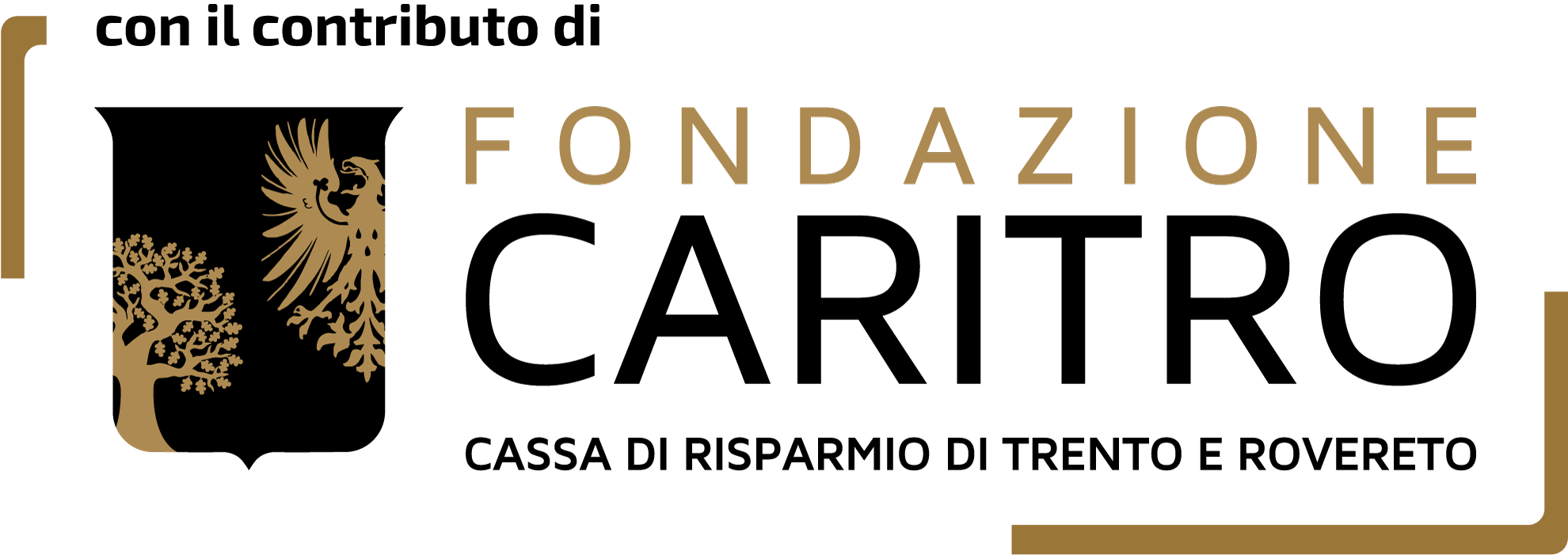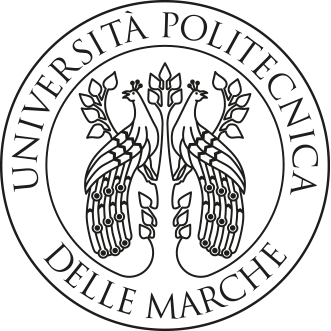SUSTAIN - System for the SUSTAINable Use of Pomaces for Circular Economy and Innovative Products
Funded by: Fondazione Caritro

Project duration: 11.2024 – 10.2026
Budget: € 129.187,52
Purpose of the Project:
For every hectolitre of wine produced, approximately 30 kilograms of by-products are generated — including grape pomace, stems and lees. This considerable volume underscores the importance of developing effective strategies for their recovery and reuse. Grape pomace, in particular, represents a promising source of bioactive compounds with potential applications extending beyond the agri-food sector, notably in the medical field.
The SUSTAIN project aims to extract and characterise a range of molecules from grape pomace, with particular attention to polyphenols. Through detailed analysis, the project seeks to identify compounds with potential inhibitory effects on amyloid proteins, which are associated with several neurodegenerative diseases for which no effective treatments currently exist. The research will focus on the characterisation of phenolic compounds, since they are most concentrated in grape stems, skins and seeds. Particular attention will be given to the study of synergies between these compounds and their possible medical applications, through both in vitro and in vivo testing.
Methodology:
The project begins with the collection of grape pomace by Cantina Zanotelli, which will subsequently be delivered to the Oenolab (Free University of Bozen-Bolzano). The laboratory will be responsible for extracting the target molecules using innovative, validated methods specifically developed for the recovery of polyphenols from plant-based waste.
Next, both the Oenolab and the Laboratory of NMR Spectroscopy at Laimburg Research Centre will analyse the molecular structures of the extracted polyphenols using two complementary techniques: nuclear magnetic resonance (NMR) and mass spectrometry (MS). In the Laboratory of NMR Spectroscopy, researchers will subject the polyphenols to a magnetic field; the response of the atomic nuclei will provide an accurate depiction of their molecular structure. Meanwhile, the team at unibz will ionise and fragment the polyphenol molecules to produce a mass spectrum, enabling detailed chemical identification.
In parallel, the Laboratory of Molecular Biology at Laimburg Research Centre will synthesise amyloid proteins required for in vitro efficacy testing. The Laboratory of NMR Spectroscopy will then investigate interactions between these synthesised proteins and the extracted polyphenols. Finally, the Marche Polytechnic University will carry out in vivo studies on cell cultures to evaluate the biological potential of the polyphenols.
Operational Phases:
- Development, optimisation and validation of extraction methods (led by Oenolab, unibz).
- Characterisation of the extracted molecules using advanced techniques such as mass spectrometry and NMR spectroscopy (carried out by Laimburg Research Centre and Oenolab, unibz). This detailed analysis is essential to understand the chemical composition of the compounds and assess their potential nutraceutical and pharmaceutical applications.
- Design of a pilot-scale extraction facility for a new grape pomace recovery line, aimed at ensuring a consistent and sustainable supply of raw material for the extraction of bioactive compounds (in collaboration with Cantina Zanotelli).
Expected results
The main outcome of the SUSTAIN project will be the validation and optimisation of polyphenol extraction processes, aimed at maximising the yield of bioactive molecules from grape pomace with significant pharmaceutical potential. The project also aims to identify the most bioactive classes of polyphenols in cellular models. These studies will provide a foundation for further advanced medical research and open up new opportunities for the sustainable use of food by-products within the healthcare sector.

Coordinator:
Alberto Ceccon, Head of Laboratory of NMR Spectroscopy at Laimburg Research Centre, alberto.ceccon@laimburg.it
Other project partners:
Free University of Bozen-Bolzano, Marche Polytechnic University, Cantina Zanotelli

